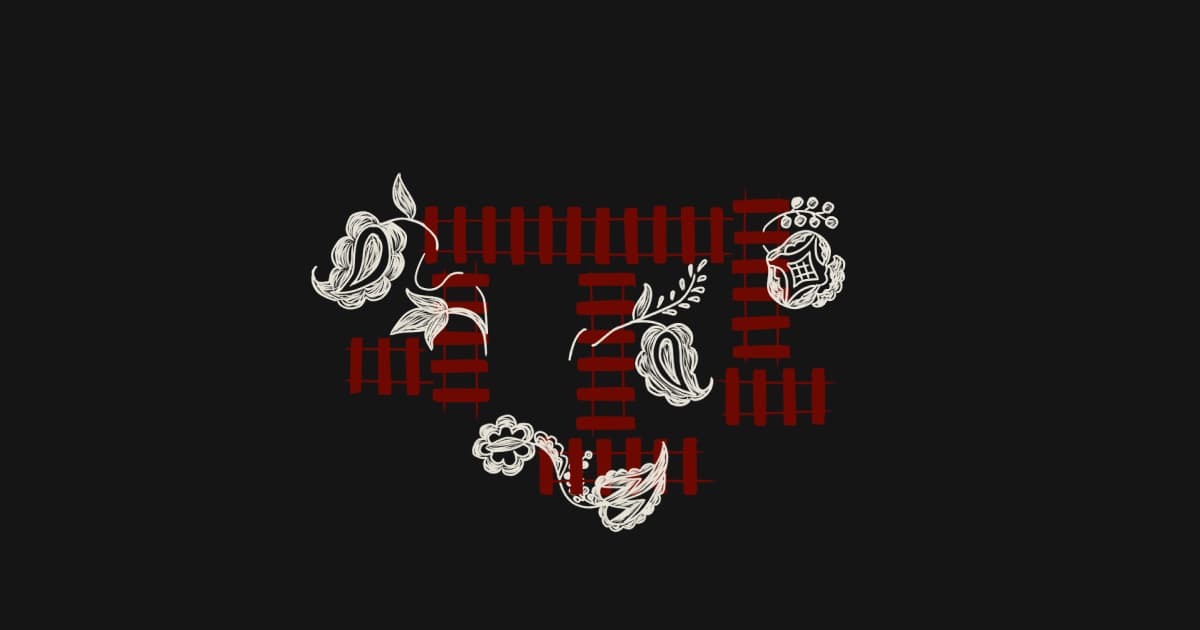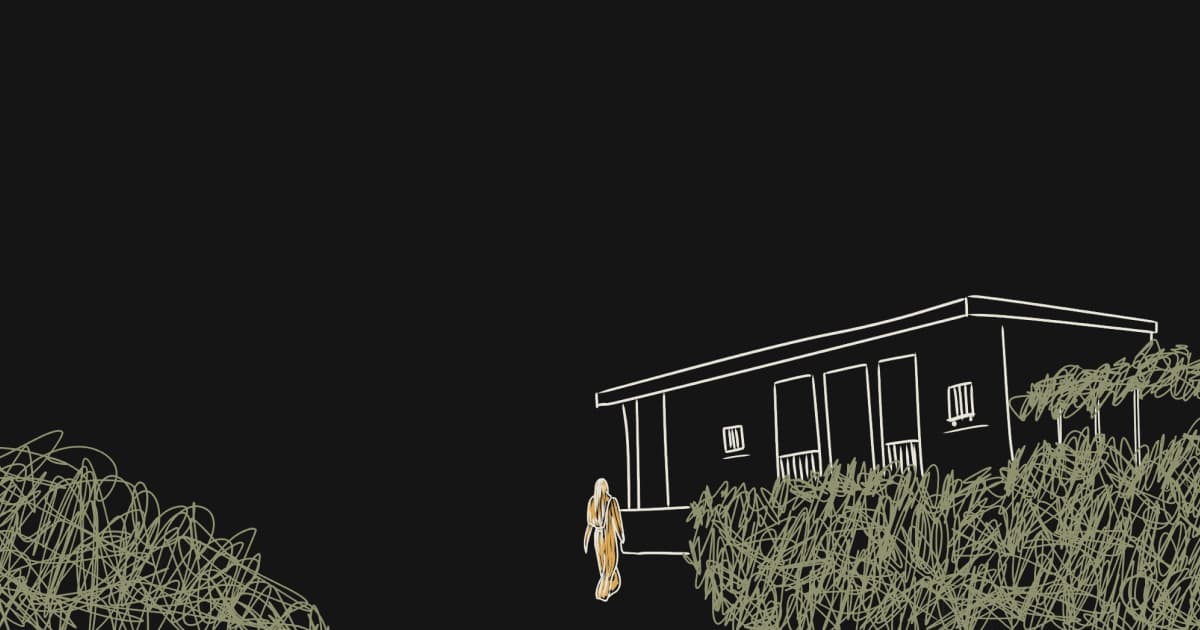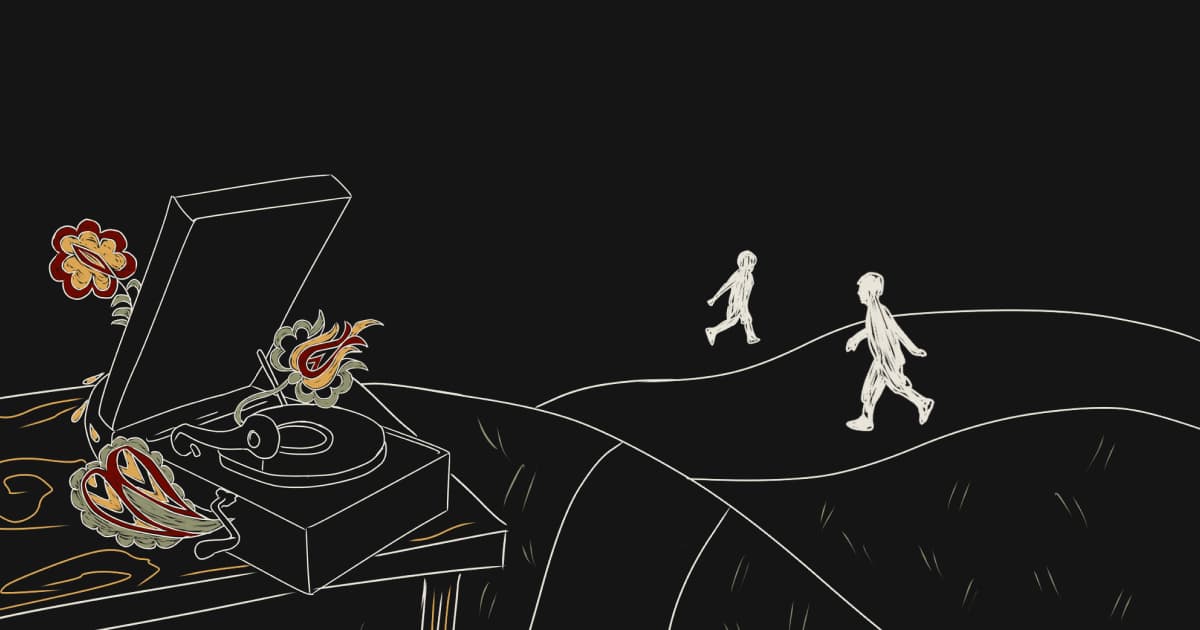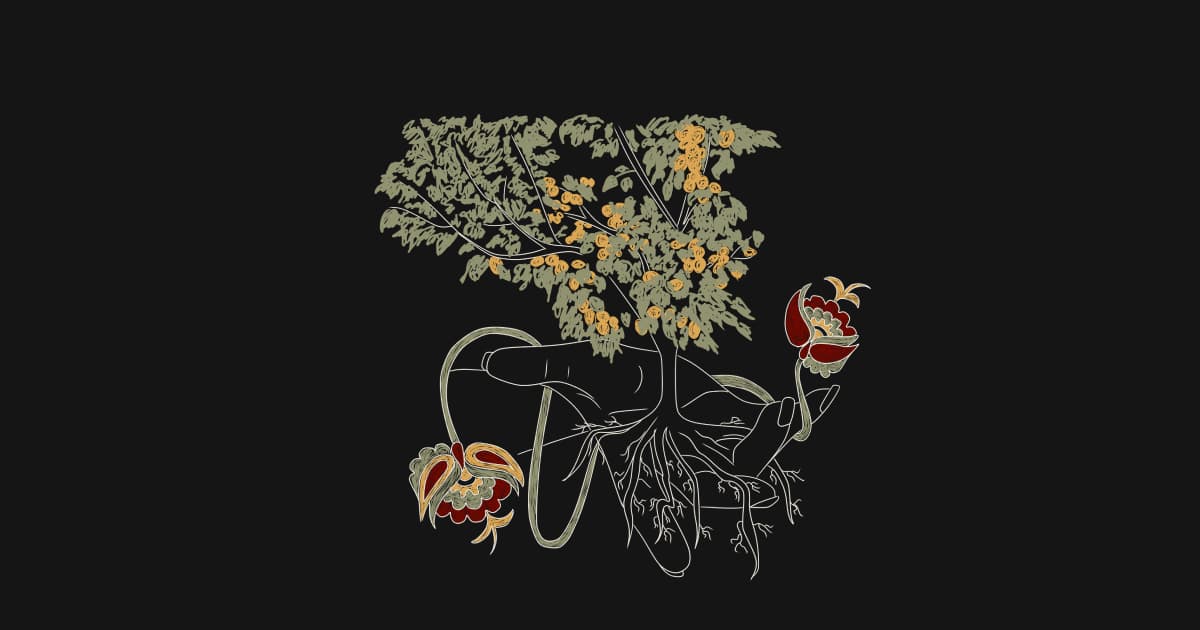Qırımda yaşa

Alim comes from the generation of Qırımtatarlar [Crimean Tatars - TN], who spent their childhood in Crimea. Therefore, he knows about the deportation of his family firsthand.
The phrase "Qırımda yaşa" means "Live in Crimea". Although in his childhood, Alim did not live in places of deportation, he has not been able to travel to Crimea since 2014. So this phrase has a special meaning for him and his family.
Every year on May 18, Ukraine commemorates the victims of the deportation of the Qırımtatarlar. According to the Ukrainian Institute of National Remembrance, in 1944, the Soviet authorities deported about 200,000 Qırımtatarlar from Crimea, of whom more than 46% died of starvation and unsanitary conditions of transportation and at deportation sites in Oʻzbekiston, Qazaqstan, Tojikiston, and other regions of the USSR.
Alim Aliev, Deputy Director General at the Ukrainian Institute, shared the story of his family.
Responding to the question: "What do you associate Crimea with?" Alim described Crimea in terms of sensations: "Its smell for me is morning coffee at home. And its touch is a light kiss from my mother during sleep."
The following is Alim Aliev's direct speech.
18.05.1944
Grandma Niiar was 17 years old when she was deported. She lived in the village of Büyük Qaralez (Biyuk Karalez). In Russian, it means "Red Poppy". A few days before May 18, two Soviet soldiers came to their house, allegedly to conduct a census. Grandma's mother was cooking noodle soup and invited the soldiers to lunch. On the morning of May 18, the same two soldiers came to their house and told them they had 15 minutes to pack: take the essentials and come to the cemetery. My grandmother didn't understand and had a bad feeling. She thought they were being taken to be shot.
The whole village gathered at the cemetery, and my grandmother's cousin was among the people. Together they decided to return home and take their belongings. Her cousin took a lamb, and grandma took a gramophone. Among all the things, it was the gramophone that she decided to take. I joke that this is where I got my love for music.

After the meeting, they started putting people into railway cars. Members of the same family were put on different trains and deported to various destinations to break up families. So that day was the last time my grandmother saw some of her relatives.
My grandmother and part of the family were deported to Oʻzbekiston, the Zingatar village, also called the "hungry steppe". They were settled in barracks where prisoners used to live. Many people died because of unsanitary conditions. There was no access to clean water, so everyone drank water from aryks [irrigation canals in Central Asia - ed. note], where rainwater flowed. People used to collect and drink it. Because of this, many people got typhus. My grandmother's cousin also caught the infection. She thought she was sick, too, because she was not feeling well. So the two of them went to the doctor. Only the brother was diagnosed with typhus and died later. My grandmother had a cold.
Every day, Crimean Tatars had to go to the commandant's office to check-in. This is a prison story: you live separately from the locals and are treated as criminals.
The locals were hostile to the Crimean Tatars because they were used to criminals arriving at their place. A few years later, the deported families were moved to another city in Oʻzbekiston, where the situation improved. My grandparents were looking for work to support their family. I don't remember if they were paid and what they were paid with, but later my grandmother got a job as an accountant at a factory.
My mother grew up in the industrial town of Chirchiq, not far from Toshkent. My mother grew up in a fairly multicultural environment: there were Germans, Russians, Oʻzbeks, Qazaqs, and Jews... Thanks to this multiculturalism, she did not face bullying because of her origin. However, Qırımtatarlar secretly learned their language and culture at home. Religious traditions were performed secretly, including the rite of sunnat (circumcision), weddings, and funerals. Some of the Qırımtatarlar knew how to do this and passed this knowledge on from generation to generation.
Going home
In 1988, Crimean Tatars began organising protests demanding permission to return to their homeland. My mother was pregnant at the time and still went to the protests. Finally, in 1989, we managed to return to Crimea. It was the first wave of mass return of the Qırımtatarlar.

At that time, we had a big house in Oʻzbekiston, which we sold. However, we still couldn't buy anything in Simferopol — Qırımtatarlar were not allowed to buy houses in good areas, so we bought an abandoned house in a village between Simferopol and Saq. We quickly fixed it, and the house became a temporary home for many Qırımtatarlar returning home.
Since childhood, I recall many mattresses and strangers who came and lived in our house. We have a word, 'hashar', when they rebuild a home for you today, tomorrow for me, and the day after for someone else. This is how Qırımtatarlar returned.
The attitude of the locals was negative when they returned. There was such a perception: "Oh, ‘Tatarva’ have returned". We were returning home, where the then "newcomers" knew nothing about us except stereotypes.
Upon his return, my grandfather visited his parents' house in Bağçasaray. Nothing had been changed there, not even the fence. For 45 years, it had stood there. This suggests that those living in their homes never felt Crimea as their homeland.
My grandparents' generation had a mission to return and not lose their identity. Qırımtatarlar have a phrase "Qırımda yaşa" - " Live in Crimea". Today it is a big challenge. It is difficult to live in Crimea and be proper there at the same time.
Grandma Niiar
I spent a lot of time with my grandmother, as well as with my grandfather. She taught me native songs, prayers and poems. Grandma Niiar was a frail woman, short in stature, but at the same time quite tough in her principles. Our family had a rule that no one spoke Russian at home. So it was she who introduced it. Also, my grandmother was always interested in who I was friends with and would immediately ask if they were Russian. When I was younger, I took such questions aggressively, shouting that it was chauvinism, but now I fully understand. It was essential to her that we were friends with Qırımtatarlar and supported each other.
During national holidays, my grandparents had a lot of friends over. I recall there was always a lot of food, and my grandmother made sure that everyone had a full plate. I didn't understand this when I was a kid, but now I realise that it was probably the influence of hunger.
Grandma Niiar died in 2017. Unfortunately, due to the risk of being imprisoned by the Russians, I could not come to the funeral.
Alim's Crimea
Crimea has always been two-sided for me. On the one hand, there are tourist places, Russian accents, and the absence of Qırımtatarlar, and on the other hand, there is Crimea from my childhood and youth.

I loved spending time at my grandparents' house. My grandfather had a garage with a big tin gate. I remember taking chalk, and like at school, my brother and I could solve problems or just leave some inscriptions as if it had been a blackboard.
My grandmother's yard had many fruit trees, including two of my favourites. The first was a pineapple apricot tree under which my grandfather's garage used to be located. My cousin and I would climb upon the garage, eat apricots and hide from the adults. We would look at the sky and stars and dream. The second was cherries. As soon as the first cherries appeared, they would leave them for me.

Every summer, we would visit my parents' friends in Gurzuf. In such Crimean cities as Gurzuf, Yalta, and Kezlev, I had a contradictory feeling of belonging and not belonging at the same time. It's hard to explain, but, for example, in Gurzuf, old Qırımtatarlar houses seemed to perform functions they shouldn't have. However, despite this, I love Gurzuf.
I love Bağçasaray, which is also different. I adored the Bağçasaray Valley, where my father's parents lived. For me, it was somewhat magical. It was a completely different Crimea. I lived in the steppe Crimea, and dogwood, hazelnuts, hazel and mushrooms grow here. You could even see foxes. The neighbourhood of the Bağçasaray Palace is my homeland.
As a student, I fell in love with Köktöbel overnight: my close university friend and I sat on the pier all night and talked about life. So it happens to soulmates — it was about us.
I spent a lot of time in Heroiske, where my parents lived. I know everyone there; I learnt to ride a bike there and met my first love. My children and I often gathered on the wide street. Older children, like my brother, would go fishing for fish soup, which we would cook together, and younger children would play various games, such as hide and seek.
In Simferopol, Lenin Square is a significant place because 20-30 thousand Crimean Tatars gathered there every May 18. Even though it was a tragic date, I felt a surge of strength through the atmosphere. I remember the tradition of walking from other cities to the square. People would come out at night and walk there in columns. I also remember banners with inscriptions saying that Qırımtatarlar were in their homeland as if they were trying to prove to someone that we were there for a reason.
I remember a trolleybus number one going from Simferopol to Perevalne. The journey took an hour and thirty minutes. I visited my older cousin, with whom I liked to run into the forests, find streams and play.
My last time in Crimea was in January 2014. I returned from Maidan to my parents. In early January, I came to the house where we had added two rooms for the first time. After that, I never saw it again.
***
Crimea is something in your veins, a part of you. If someone takes this part away from you, you cannot keep on. So, I can only answer whether I am happy once I have this part. No matter how cool the people around me are, no matter how cool the conditions or places I'm in, unless I have my part, I won't be able to be happy, and I won't be able to feel 100% calm.


